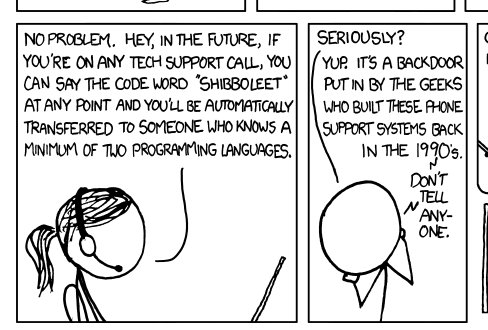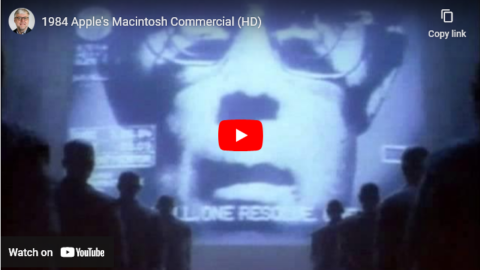Glenn Reynolds on how he “lost his religion” about the bright, shiny techno-future so many of us looked forward to:
Listening to that song reminded me of how much more overtly optimistic I was about technology and the future at the turn of the millennium. I realized that I’m somewhat less so now. But why? In truth, I think my more negative attitude has to do with people more than with the machines that Embrace the Machine characterizes as “children of our minds”. (I stole that line from Hans Moravec. Er, I mean it’s a “homage”.) But maybe there’s a connection there, between creators and creations.
It was easy to be optimistic in the 90s and at the turn of the millennium. The Soviet Union lost the Cold War, the Berlin Wall fell, and freedom and democracy and prosperity were on the march almost everywhere. Personal technology was booming, and its dark sides were not yet very apparent. (And the darker sides, like social media and smartphones, basically didn’t exist.)
And the tech companies, then, were run by people who looked very different from the people who run them now – even when, as in the case of Bill Gates, they were the same people. It’s easy to forget that Gates was once a rather libertarian figure, who boasted that Microsoft didn’t even have an office in Washington, DC. The Justice Department, via its Antitrust Division, punished him for that, and he has long since lost any libertarian inclinations, to put it mildly.
It’s a different world now. In the 1990s it seemed plausible that the work force of tech companies would rise up in revolt if their products were used for repression. In the 2020s, they rise up in revolt if they aren’t. Commercial tech products spy on you, censor you, and even stop you from doing things they disapprove of. Apple nowadays looks more like Big Brother than like a tool to smash Big Brother as presented in its famous 1984 commercial.
Silicon Valley itself is now a bastion of privilege, full of second- and third-generation tech people, rich Stanford alumni, and VC scions. It’s not a place that strives to open up society, but a place that wants to lock in the hierarchy, with itself on top. They’re pulling up the ladders just as fast as they can.





